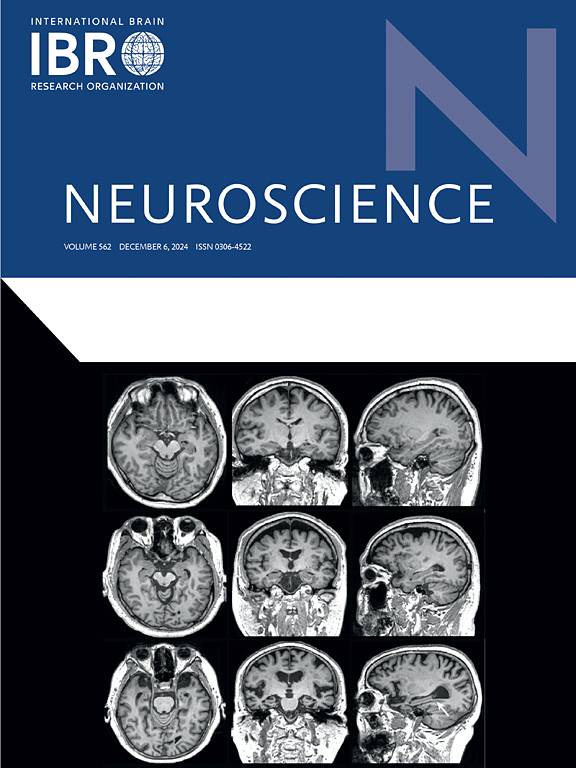Echoes in the night: How sleep quality influences auditory health
IF 2.9
3区 医学
Q2 NEUROSCIENCES
引用次数: 0
Abstract
The intricate relationship between sleep disorders and hearing loss emerges as a burgeoning field of scholarly inquiry. Numerous studies have illuminated a potential correlation between the two, affecting the quality of life and overall health of individuals. Hearing loss, or auditory impairment, serves as a critical indicator of physiological dysfunction, casting a pall over the daily existence and professional endeavors of those affected, potentially leading to irreversible deafness if left untreated. Sleep disorders may cause physical and psychological changes that further affect hearing, while auditory dysfunction may detrimentally impact sleep experienced by individuals. Although certain studies have failed to find a direct link between sleep duration and hearing loss, it is evident that sleep-related issues do increase the risk of hearing loss. Thus, understanding the relationship between sleep disorders and hearing loss, alongside the underlying mechanisms, will help establish interventions aimed at enhancing sleep quality and safeguarding auditory health. This systematic review endeavors to elucidate the correlation between sleep disorders and hearing loss, offering valuable insights and guidance for future basic research and clinical applications.
夜间的回声:睡眠质量如何影响听觉健康。
睡眠障碍和听力损失之间错综复杂的关系成为一个新兴的学术研究领域。许多研究已经阐明了两者之间的潜在关联,影响个人的生活质量和整体健康。听力损失或听力障碍是生理功能障碍的一个重要指标,给患者的日常生活和职业努力蒙上了一层阴影,如果不及时治疗,可能导致不可逆转的耳聋。睡眠障碍可能会导致身体和心理上的变化,进而影响听力,而听觉功能障碍可能会对个人的睡眠体验产生不利影响。虽然某些研究未能找到睡眠时间和听力损失之间的直接联系,但很明显,与睡眠有关的问题确实会增加听力损失的风险。因此,了解睡眠障碍和听力损失之间的关系,以及潜在的机制,将有助于建立旨在提高睡眠质量和保护听觉健康的干预措施。本综述旨在阐明睡眠障碍与听力损失的相关性,为今后的基础研究和临床应用提供有价值的见解和指导。
本文章由计算机程序翻译,如有差异,请以英文原文为准。
求助全文
约1分钟内获得全文
求助全文
来源期刊

Neuroscience
医学-神经科学
CiteScore
6.20
自引率
0.00%
发文量
394
审稿时长
52 days
期刊介绍:
Neuroscience publishes papers describing the results of original research on any aspect of the scientific study of the nervous system. Any paper, however short, will be considered for publication provided that it reports significant, new and carefully confirmed findings with full experimental details.
 求助内容:
求助内容: 应助结果提醒方式:
应助结果提醒方式:


